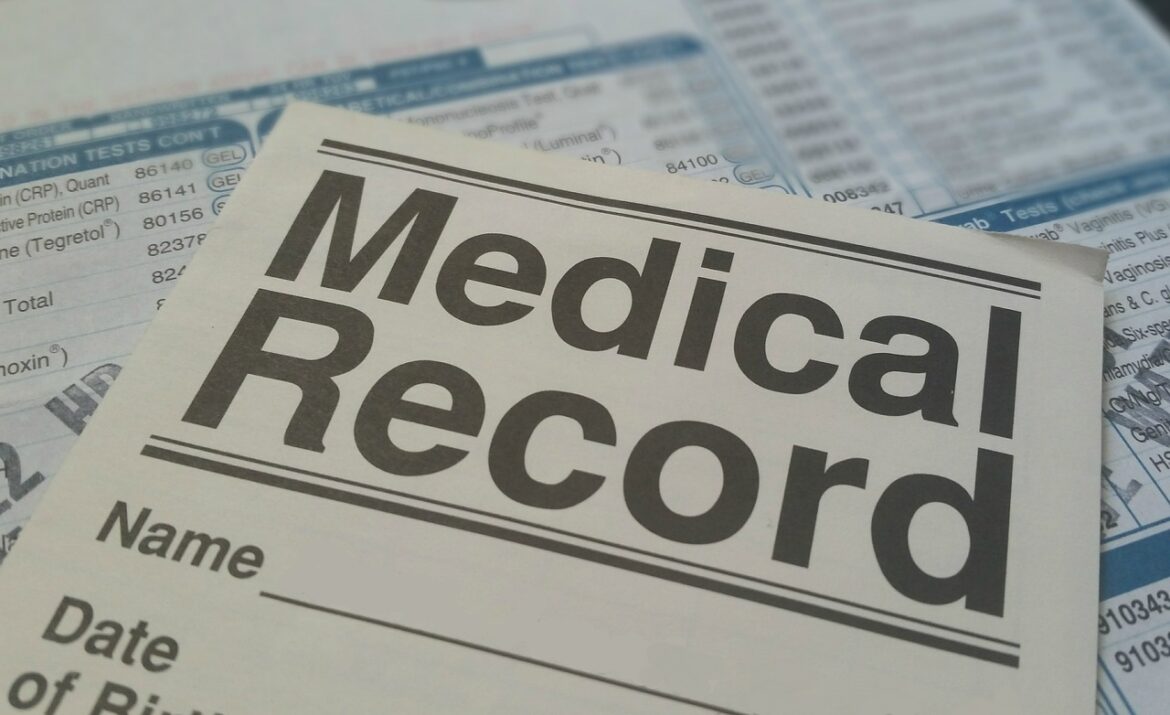In the realm of personal injury cases, one particular area has witnessed a notable rise in recent years: medical malpractice.
Medical malpractice occurs when a healthcare professional or institution fails to provide appropriate treatment or care, resulting in harm or injury to a patient.
With healthcare advancements and increasing complexity in medical procedures, the potential for errors and negligence has also grown.
As a result, medical malpractice cases have become a significant concern, highlighting the need for patients to be aware of their rights, the legal implications, and the importance of seeking justice when medical negligence occurs.
Medical malpractice cases involve many scenarios, including surgical errors, misdiagnoses or delayed diagnoses, medication errors, birth injuries, anesthesia mistakes, and inadequate follow-up care.
Such incidents can lead to severe physical, emotional, and financial consequences for the affected individuals and their families.
In this article, we will not discuss the incidents that happen all teh time in medical malpractice, but on an incident that goes unnoticed. We will talk about what happens when medicine goes wrong and how medical malpractice lawyers can help you.
What Happens When Medicine Goes Wrong?
When medicine goes wrong, it can have profound and devastating consequences for patients and their families.
Medical errors, negligence, or malpractice can result in serious harm, prolonged suffering, and even loss of life.
Understanding what happens when medicine goes wrong is crucial for those affected, as well as for promoting accountability, improving patient safety, and seeking justice.
Patient Harm And Suffering
When medicine goes wrong, patients may experience a range of physical, emotional, and financial hardships. They may endure unnecessary pain, complications, permanent disabilities, or a worsened medical condition due to errors or negligence.
The consequences can also extend to emotional distress, loss of income, and the need for ongoing medical treatment or rehabilitation.
Investigation And Gathering Evidence
In cases where patients suspect medical negligence or malpractice, a thorough investigation is necessary.
Gathering evidence involves reviewing medical records, consulting expert opinions, and obtaining documentation to establish the standard of care and identify any departures. This step is crucial in building a strong case and determining the viability of a medical malpractice claim.
Legal Consultation
Seeking legal advice from experienced medical malpractice attorneys is essential to navigate the complex legal process. These professionals specialize in medical malpractice cases and can evaluate the circumstances, provide guidance on legal rights and options, and assess the potential for a successful lawsuit.
They can also help determine if the healthcare provider or institution breached their duty of care, leading to the patient’s injuries or damages.
Filing A Lawsuit
If the investigation and legal consultation indicate a valid claim, the next step is filing a medical malpractice lawsuit. This involves preparing and filing the necessary legal documents, including a complaint that outlines the allegations against the healthcare provider or institution.
The lawsuit initiates the formal legal process,
Related Posts












